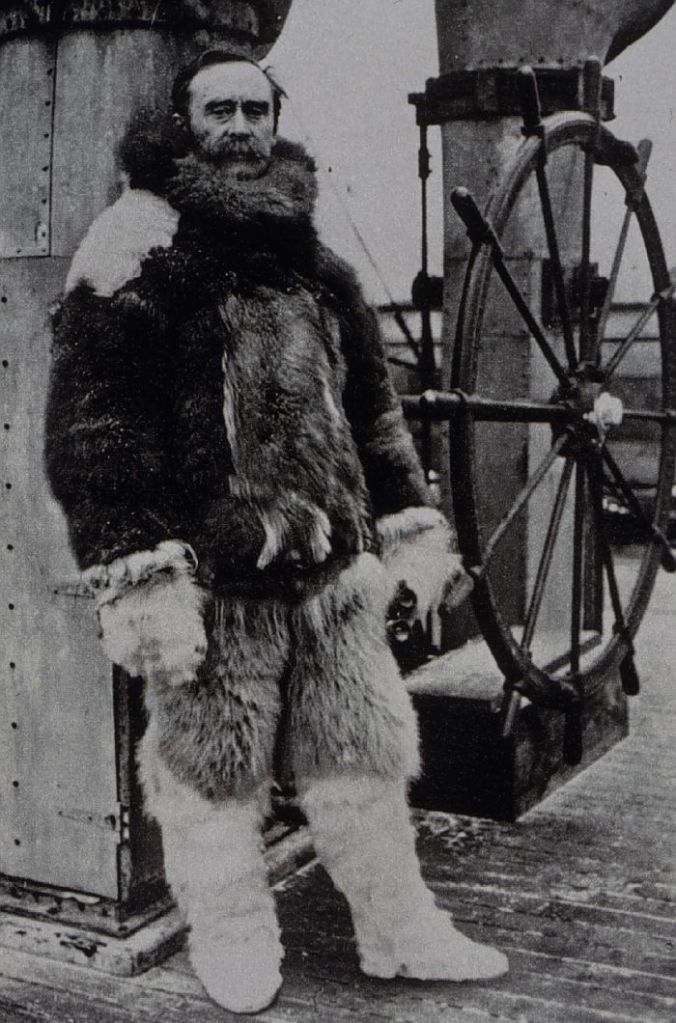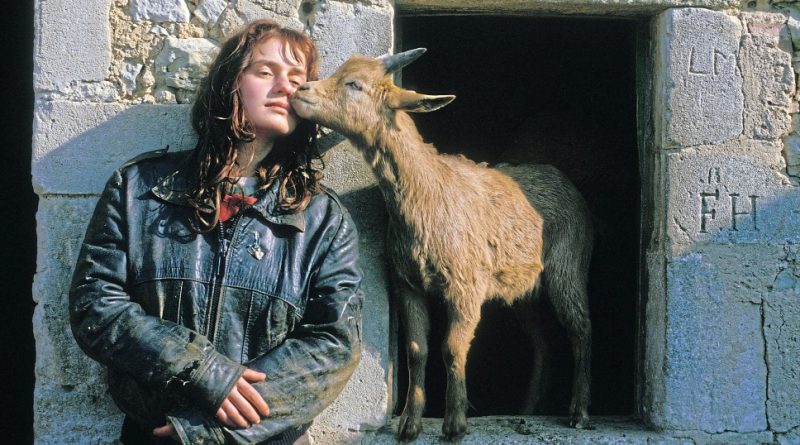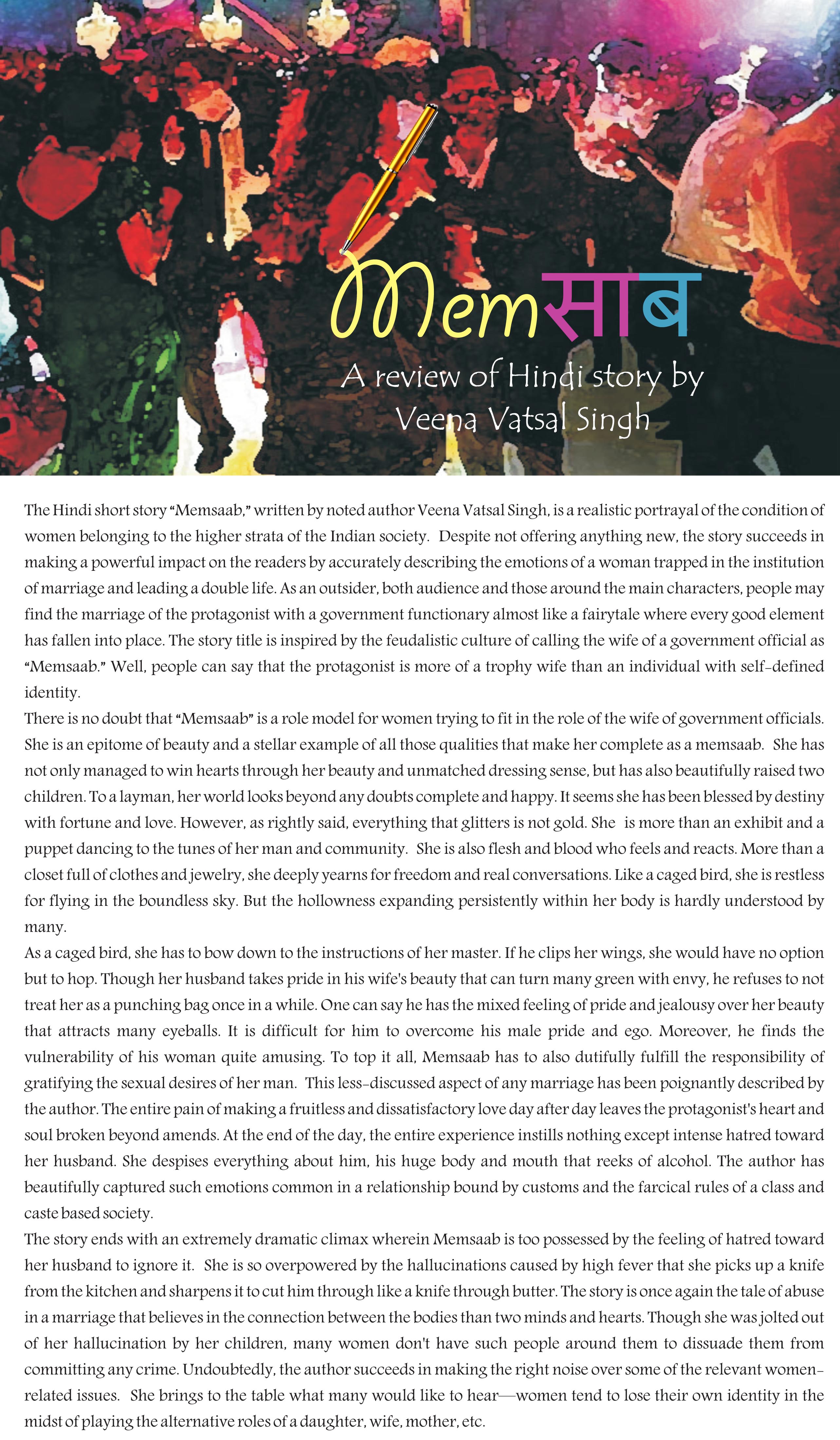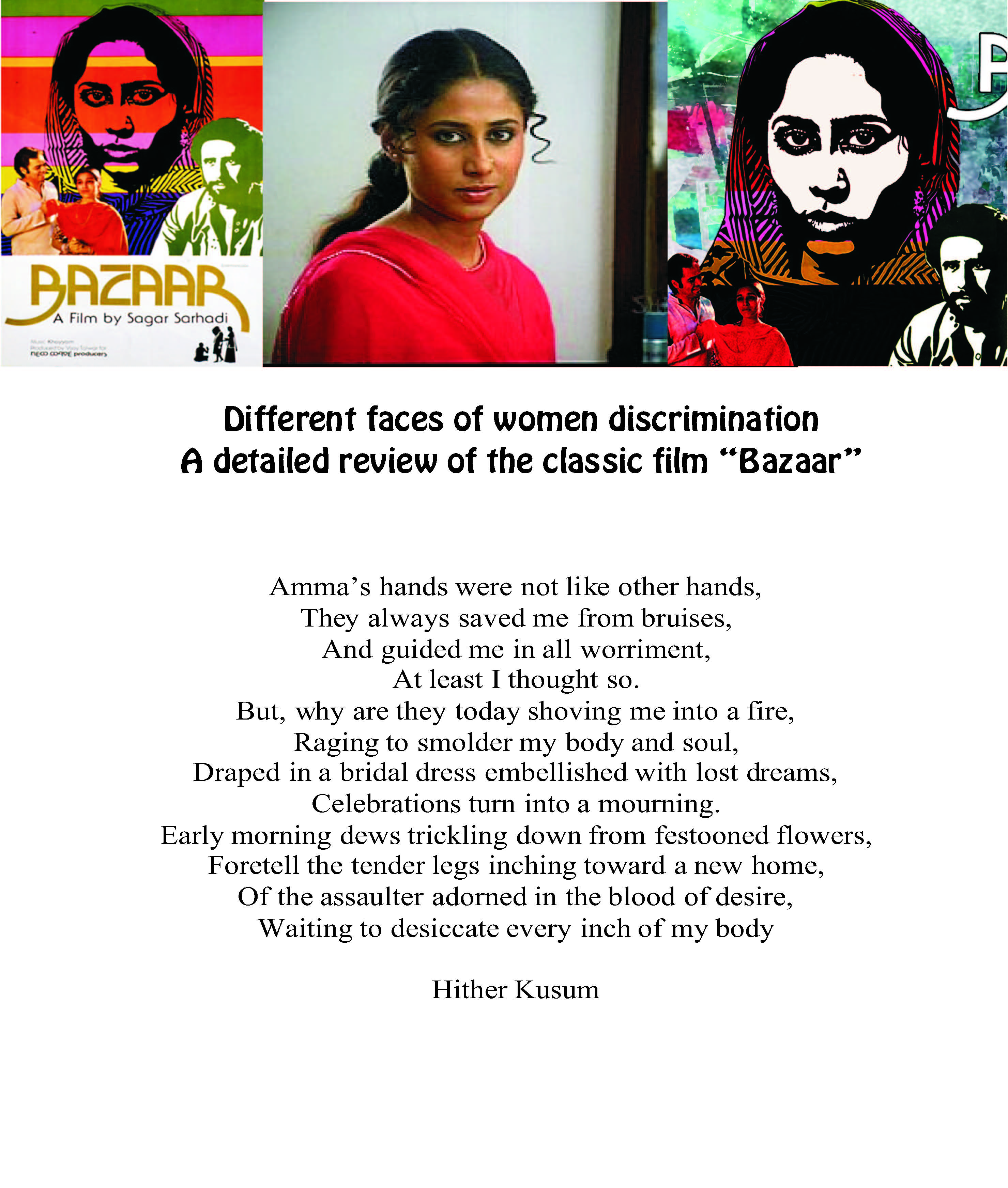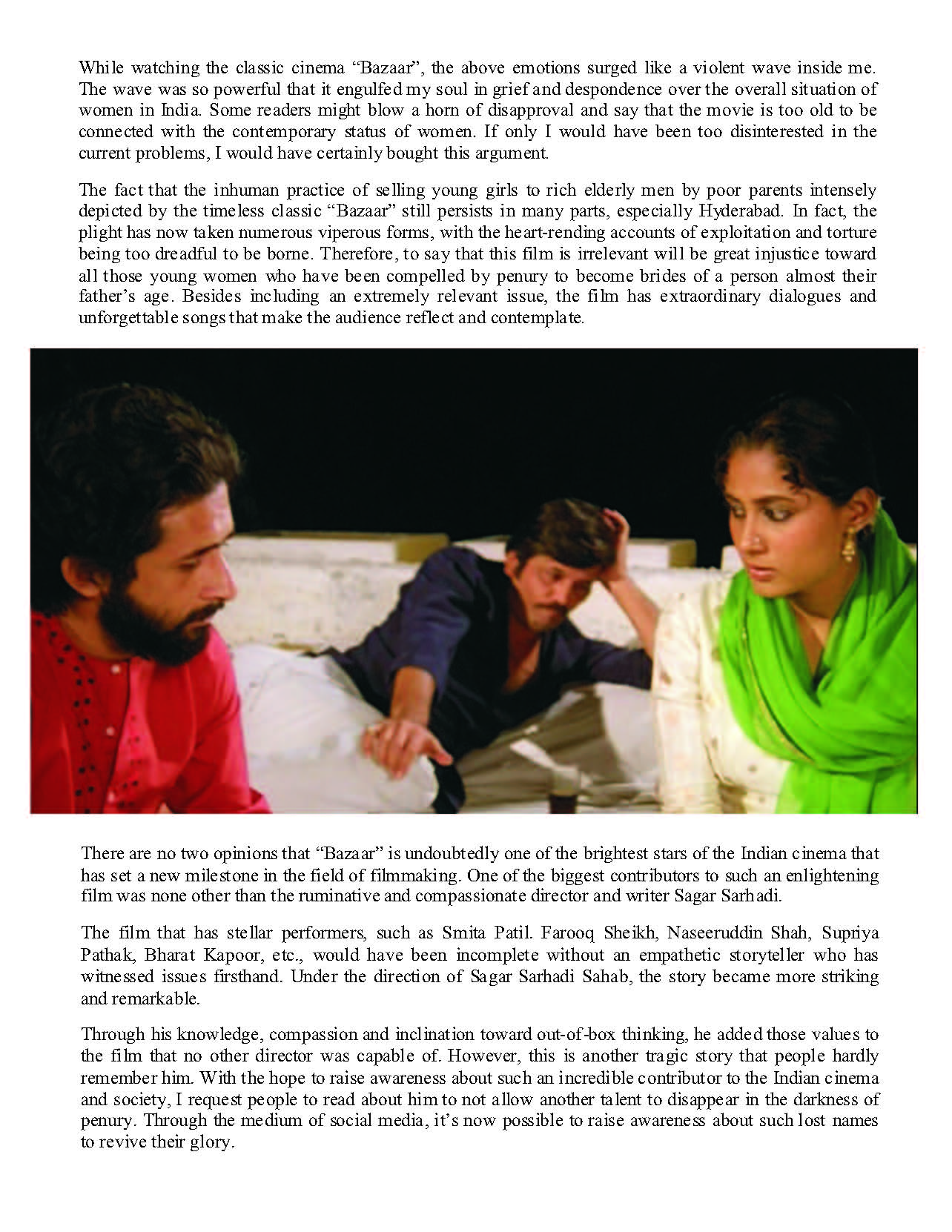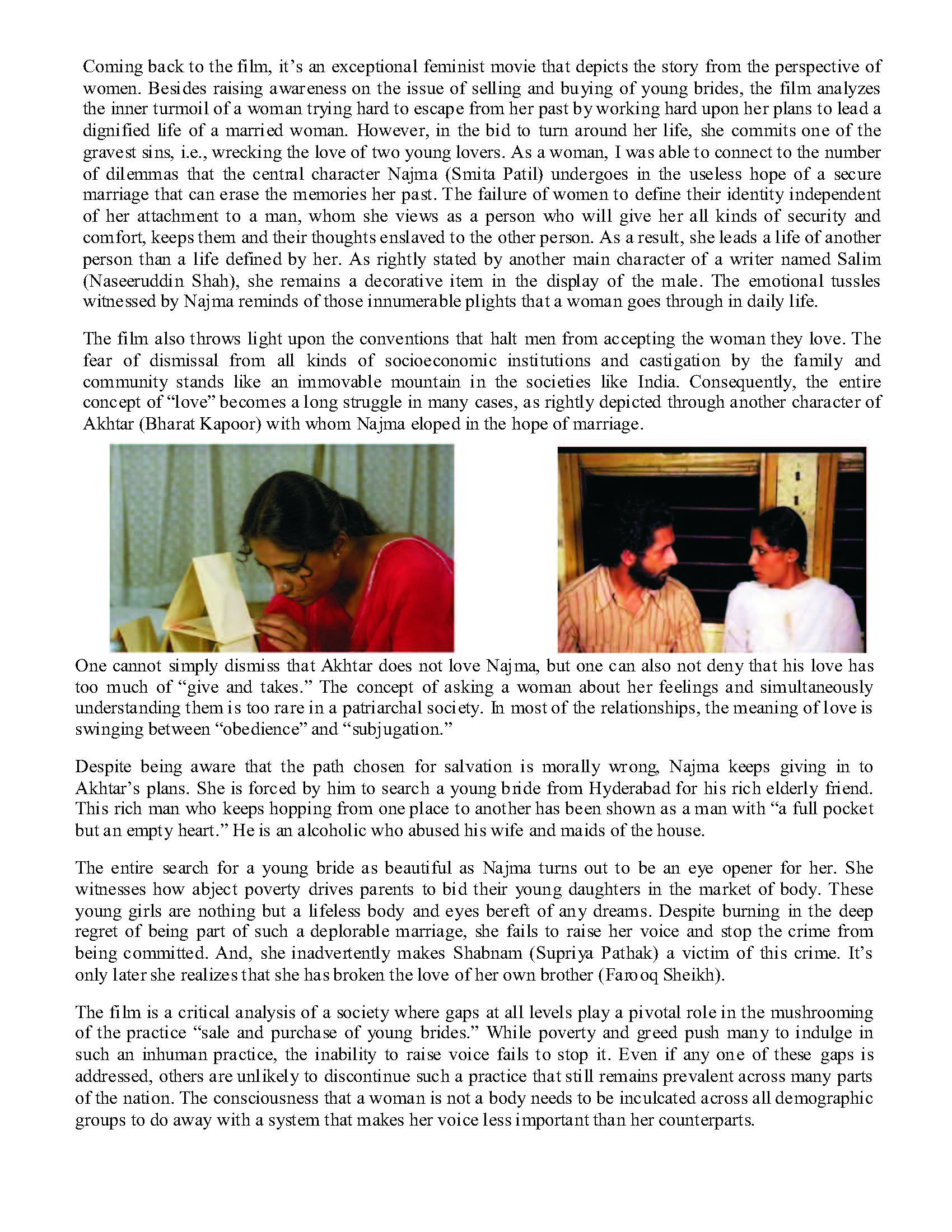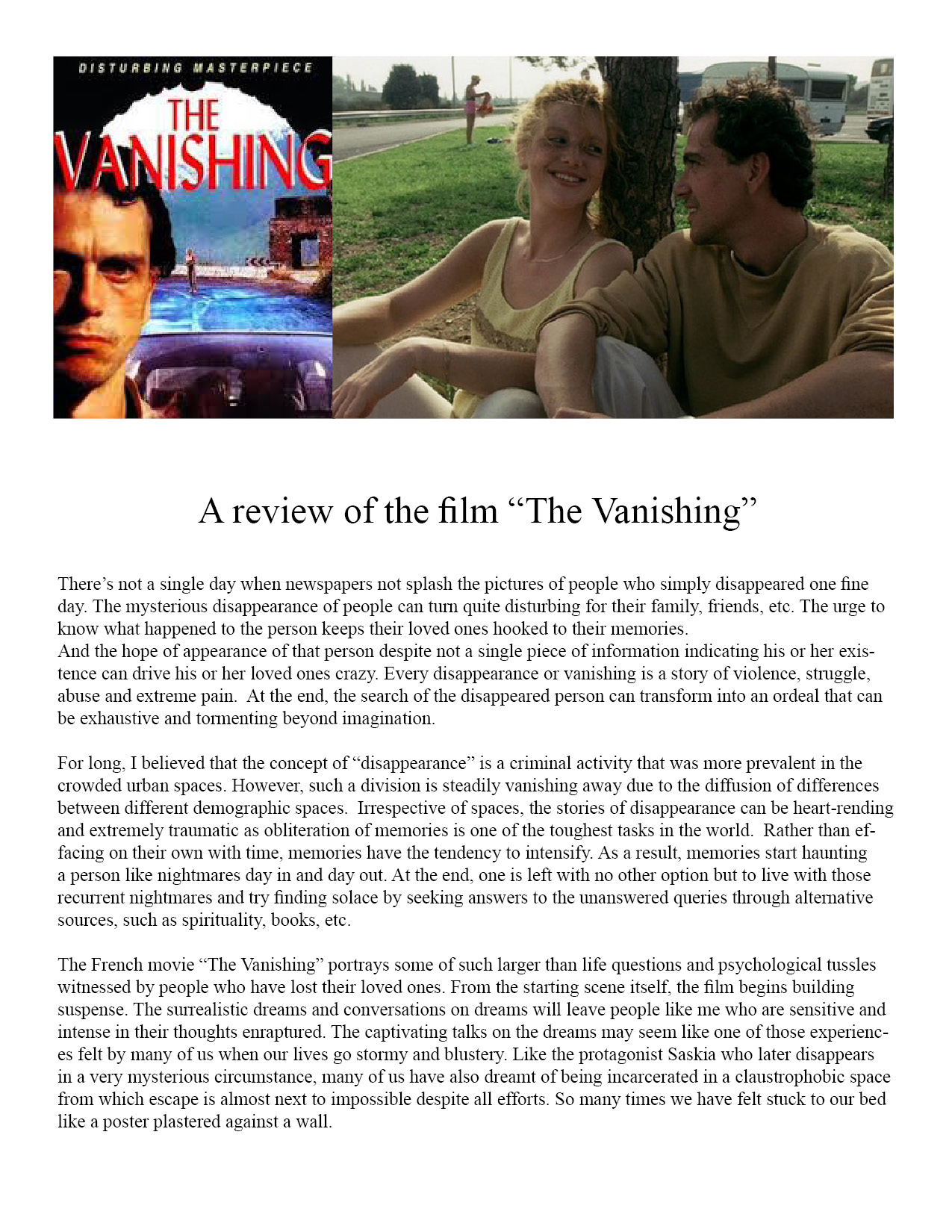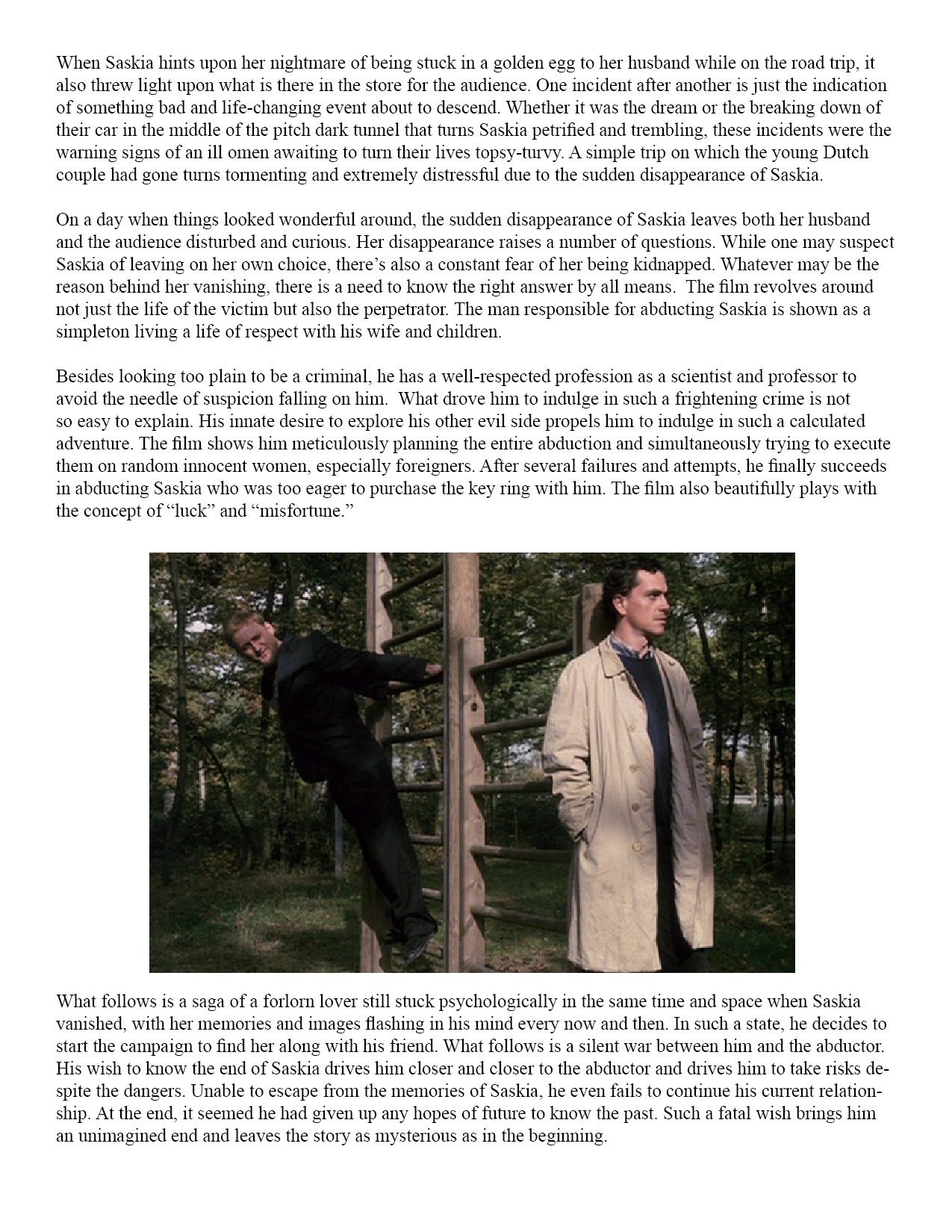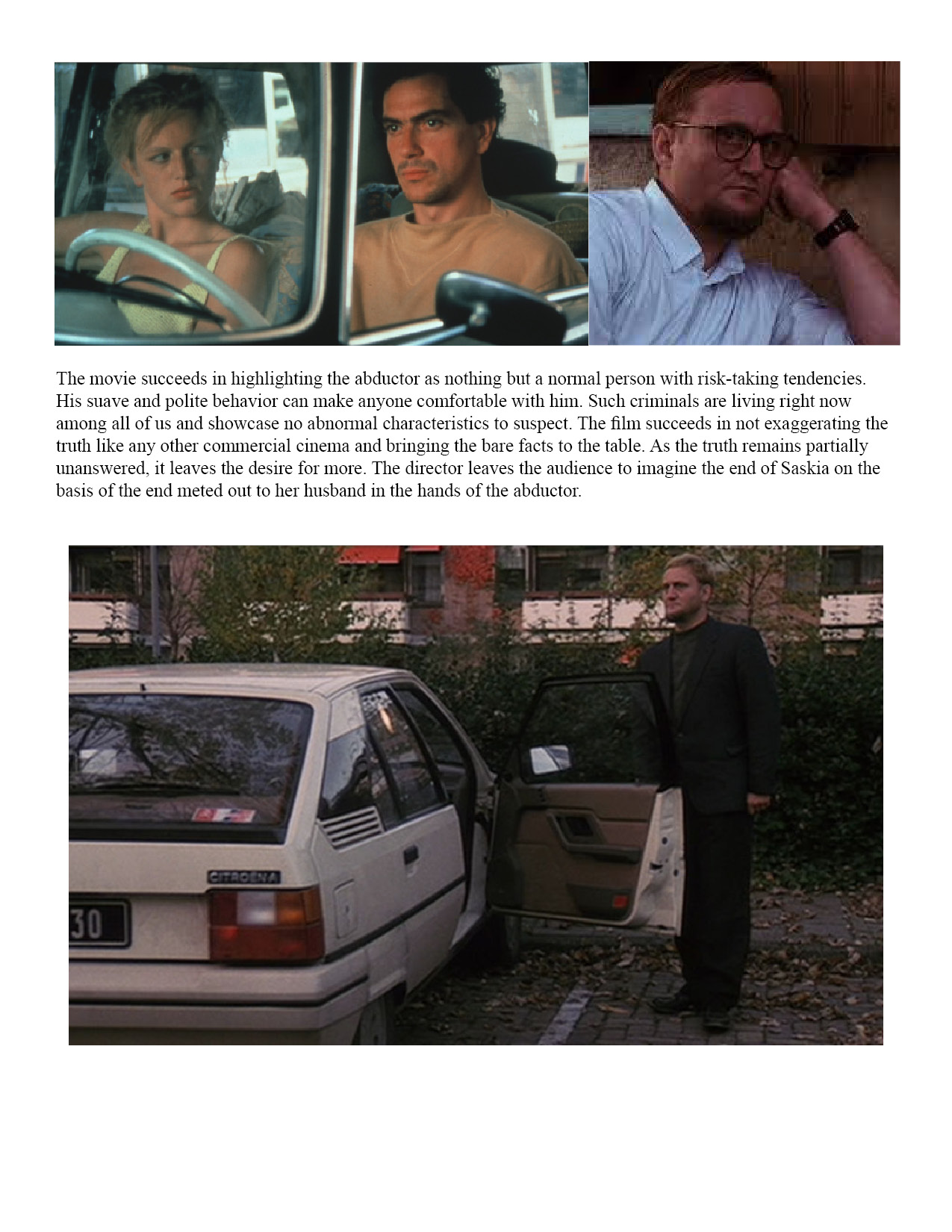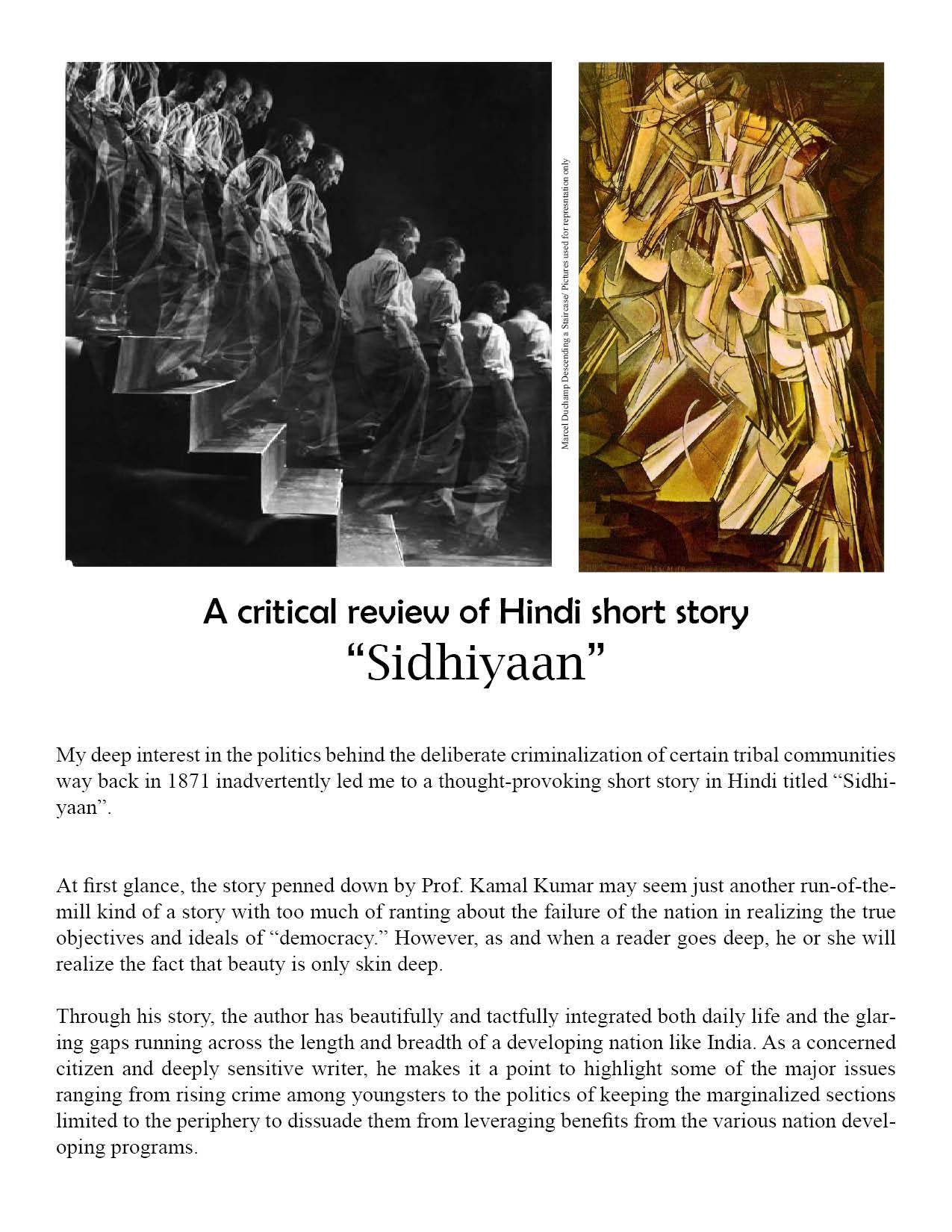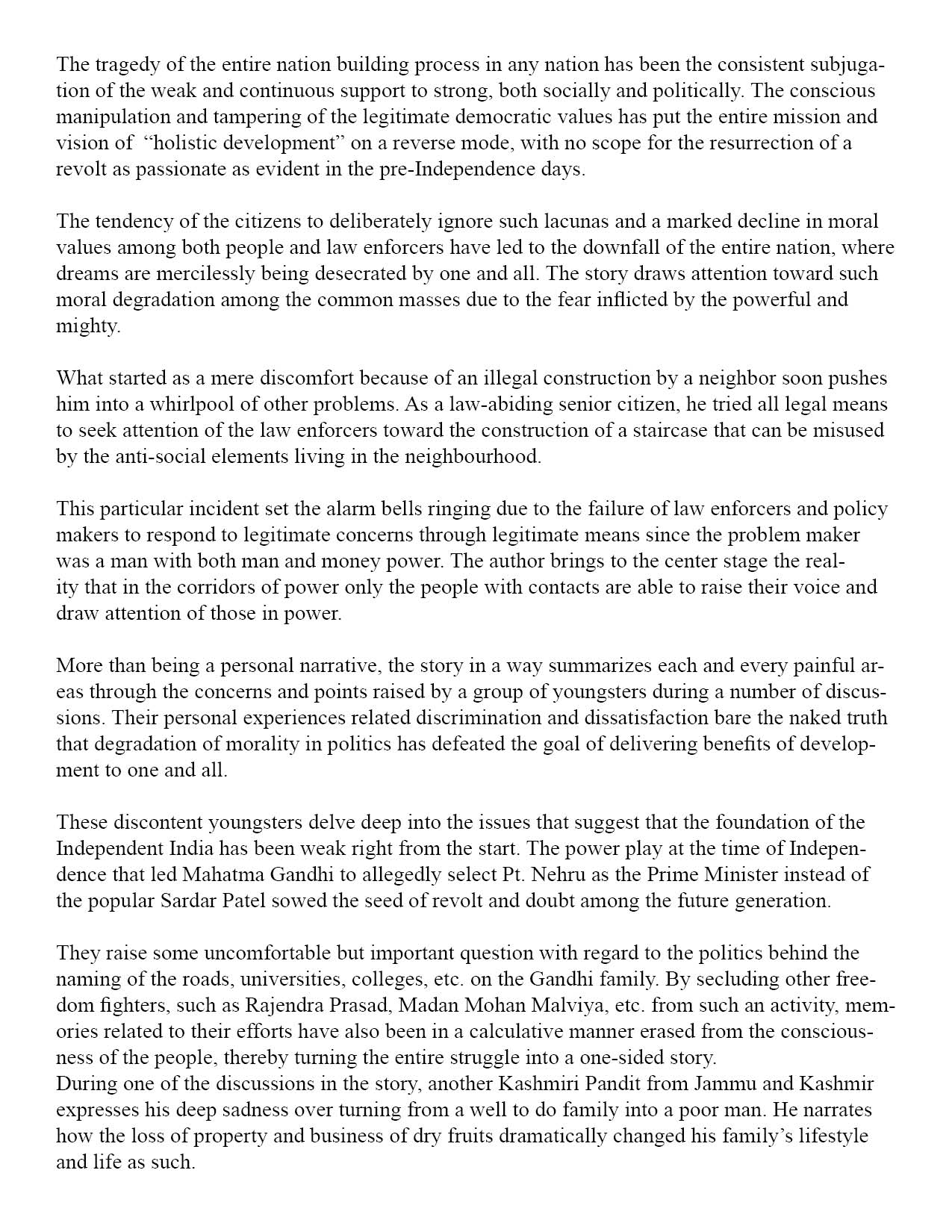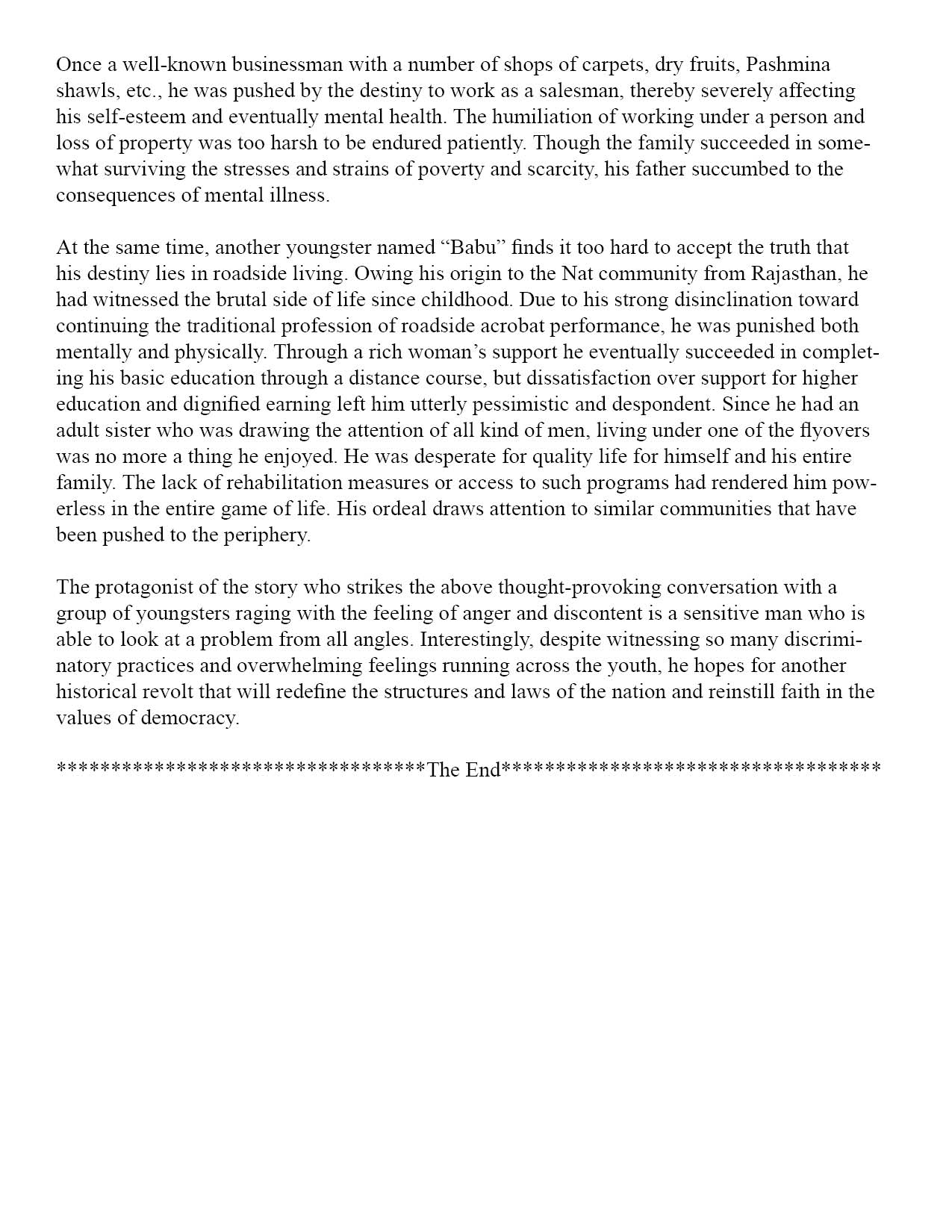The past two weeks have been challenging…mainly because of the manifestation of the truth that the world is no more free. I have been spending my time at home reading and educating myself about the facts that we will like to not accept outright…rather pretend that everything, yes every damn thing, is okay and fine. This superficial feeling can help us in overcoming the anxieties that refuse to calm down. Well, as a follower of the Buddhism, I really do see end to the rapidly rising incidents of violence, intolerance, prejudice and other dehumanizing emotions across the length and breadth of the world, especially in my own country. I know everything has an end, for sure. However, to not act and voice one’s deep fears and concerns is equivalent to cowardice, a stigma that haunts the person till his or her last breath. Right now as I speak, I am sure, many might be silently debating in their own minds and might also be trying really hard to build up their courage to stick to their values despite all odds. It’s never easy becoming courageous, it’s never easy embracing kindness, and it’s never going to be easy to remain physically and emotionally sturdy even when faced with difficulties.
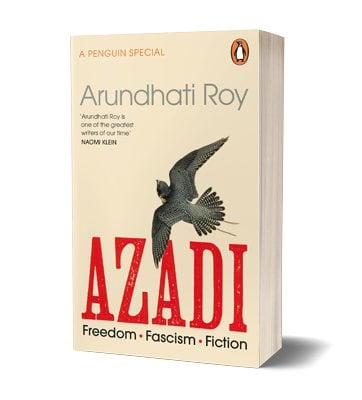
Man Booker Prize Winner Arundhati Roy’s fearless essays on the recent political churnings of India
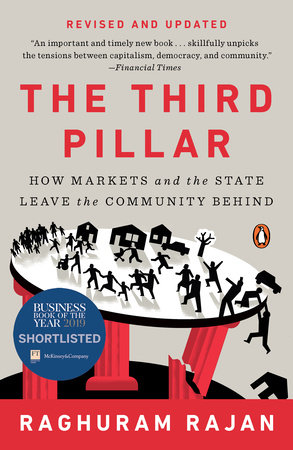
Raghuram Rajan’s book The Third Pillar rightly highlights the importance of the empowerment of the community as an agency of change and development
Though I do not always agree with the ideas of the Man Booker Prize winner Arundhati Roy’s writings, her books are eye openers and a warning of a future that we might refuse to foresee. While her novel “The Ministry of Utmost Happiness” has a poetic and heart-touching plot that makes readers aware of the world of the deliberately marginalized communities along with the striking changes in the Indian politics, her latest collection of essays titled “Azadi” speaks the truth without any fear of punishment. She without any hesitation and fear uncovers one facet after another of the current Indian government. She discusses the deliberate transformation of a socialist and secular country into a majoritarian country through strategic marginalization of the minorities, especially Muslims, by distorting the concept o citizenship and increased free capitalism. Though she might particularly target the incumbent government, she nevertheless criticizes the past Congress-led government for laying the foundation of free market that eventually led to crony capitalism and privatization of the national institutions. She interestingly highlights the way language has played a crucial role in the concept of nationhood and creation of a separate state. The unacceptability of the people speaking another language has been heavily misused by the political powers for their own gains, whether it is the colonial powers, far right political groups, nationalist political groups, etc. At the same time, I am reading the book named “The Third Pillar” by the renowned economist Raghuram Rajan. It seems both Arundhati Roy and Raghuram Rajan are ultimately aiming for the same goal, i.e., empowerment of the community though via different yet similar methodologies. Raghuram Rajan underlines the importance of the community in creating a comparatively much safer and developed society through collaboration and cooperation. Rather than looking up to the state for intervention, people should empower themselves to empower the society.

The novel The Ministry of Utmost Happiness is all about vulnerable and marginalized sections in tough political and social times
When surrounded by such writings, one is undoubtedly likely to get disturbed over things not working rightly. They force readers to question the status quo and the shortcomings of the government which are often masked by stoking religious sentiments. The reduction in the proportion of affirmative action for the citizens should be a warning signal for anyone who cares for his or her nation. It is essential that political groups and pressure groups create an environment for growth and safety. However, it seems the world has been suddenly pushed backwards, with the celebration of the far right sentiments. It seems none of those progressive movements ever existed as the world seems to be once again divided between haves and have nots, women and men, white and black, etc. Sometimes I sit back and try understanding these changes and find no relevant answers. Probably, at the end, people want power, they want it by any means. The glorification of the man made differences and stigmatization of the natural differences seem to be gaining much popularity lately than even as per my opinion. We need to seriously reflect and understand the political churnings around us to comprehend the magnitude of the dystopian world thatw e are walking into.



